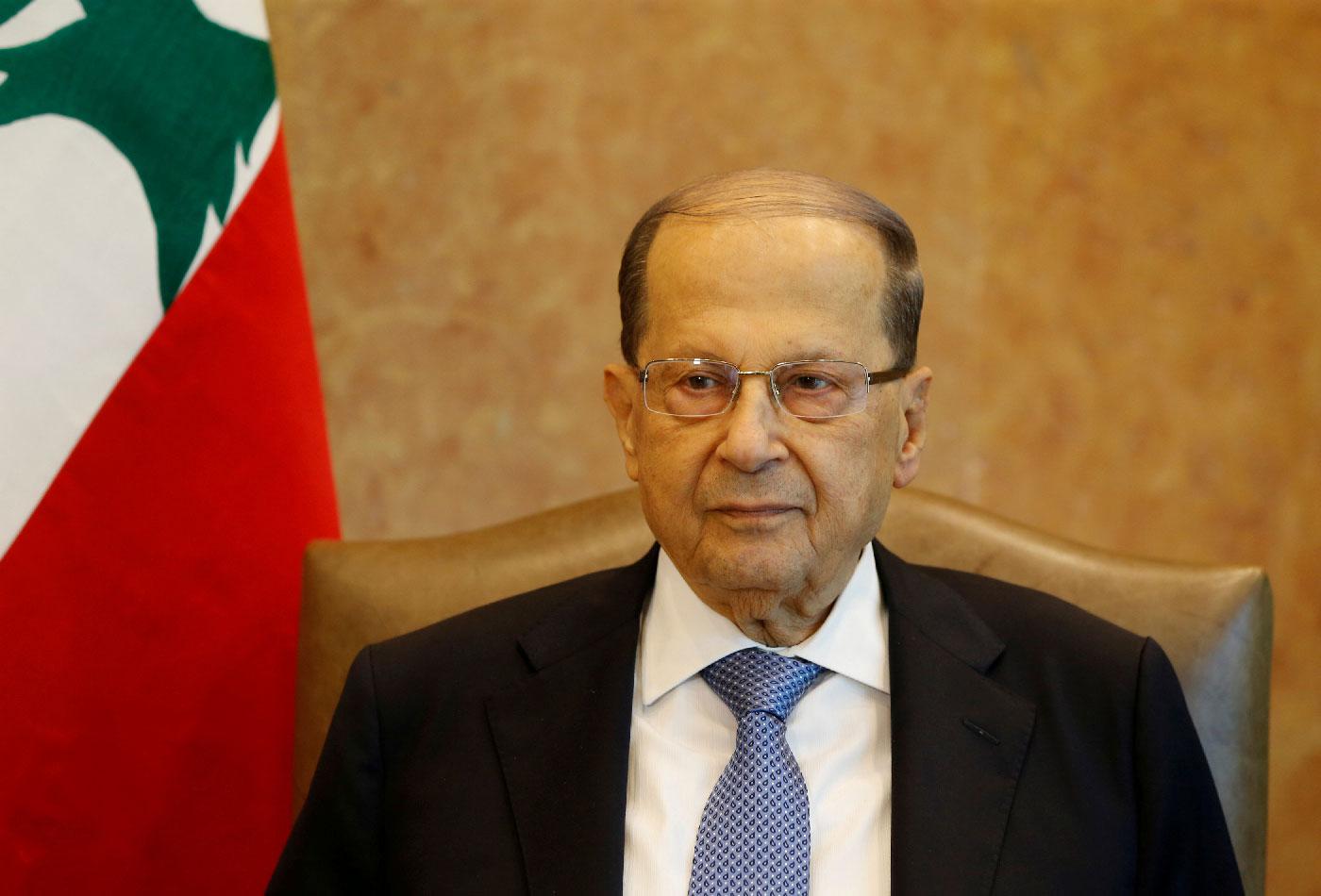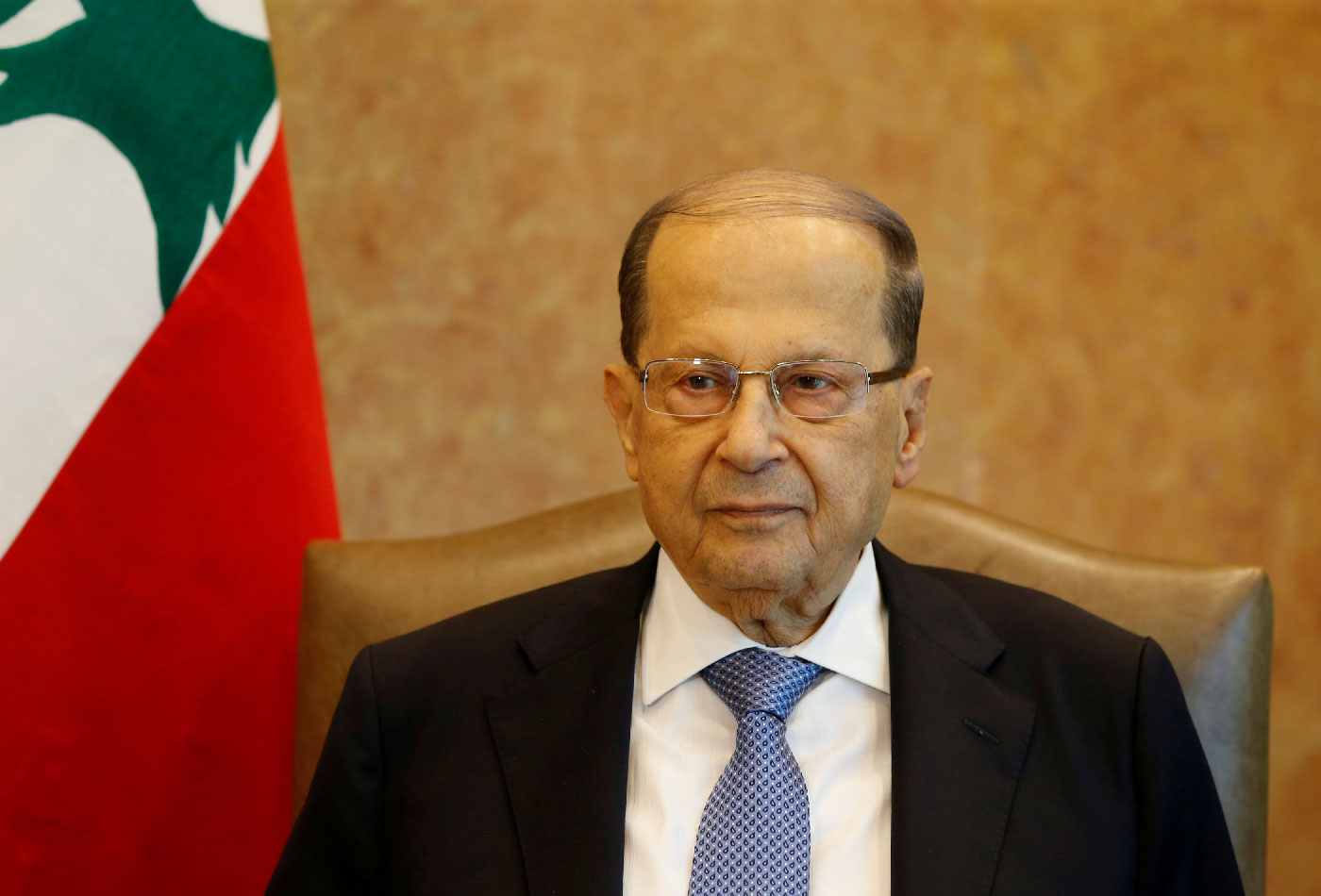Hezbollah, Iran using card of Lebanese government formation
The United States has dealt with Hezbollah issue in Lebanon with unprecedented swiftness and enthusiasm. US Ambassador to Lebanon Elizabeth Holzhall Richard had already warned Beirut of the negative consequences of allocating the Lebanese Ministry of Health to Hezbollah, saying US financial protocols supporting the ministry and its programmes would be affected.
US Deputy Assistant Secretary of State for Levant Affairs and Special Envoy for Syria Joel Rayburn visited Beirut and informed the Lebanese political, military and economic authorities of Washington’s plans for the region, especially those related to Iranian presence in the region and Hezbollah in Lebanon.
The rivalry between Washington and Hezbollah has remained within the context of the basic parameters of the United States’ relationship with Iran and its proxies.
Hezbollah remains confident that yesterday’s basic rules of coexistence that prevented major clashes with the United States even after the kidnapping of US hostages and the bombing of US Marines’ barracks would apply today despite the changes in the region and even if US President Donald Trump does not share his predecessors’ dogmas and proclivities.
Hezbollah seems to have decided that the current context no longer favours setting up a Lebanese government that it can just infiltrate. The pressure on Iran and its network of international, regional and local proxies requires the immediate and unambiguous control of the Lebanese government. Relying on its ally, Lebanese President Michel Aoun, and his movement simply will not do anymore.
The Shia party must get involved directly and heavily in the new Lebanese government. It’s through this perspective that one can understand Hezbollah’s keenness on showing its “loyalty” to its Sunni allies and its insistence that they be represented in the government.
Hezbollah, however, considers the “independent Sunnis” to be merely instruments of the Syrian guardianship over Lebanon. It is also true that those “patriots” have benefited greatly from their loyalty to Damascus. They enjoyed high positions and privileges.
Hezbollah never admitted and doesn’t want to admit that these people have other reasons for joining the Hezbollah camp besides the former patronage of Damascus and the subsequent patronage of Iran and Hezbollah later.
If they chose to be with Hezbollah in the March 8 alliance, it was because they had no other alternative available to them to protect themselves from the anger that gripped the country after the assassination of Sunni leader Rafik Hariri.
By contrast to Hezbollah’s deftness in constructing arguments, it seems the constants of the memorandum of understanding between it and Aoun’s Free Patriotic Movement were subjected to an experience not previously witnessed by their alliance.
Aoun was surprised by Hezbollah’s unexpected obstruction of the formation of the new government but this aspect of Hezbollah’s behaviour is a fact of life that the Lebanese presidency had to get used to and even, on previous occasions, reinterpret and reformulate for the benefit of the party in accordance with its wishes.
However, Aoun’s position on this issue this time, and which weighed on the side of the Prime Minister-designate Saad Hariri, was a surprise to Hezbollah and was considered a precedent in the nature of the relationship between the party and Aoun in the first place, and the party and Aoun’s son in-law Gebran Bassil in the second place. Considering this development, it seems the presidency was acting with new facts.
Aoun says that, due to external reasons related to Iran’s whims, Hezbollah is obstructing the birth of the government. The party’s silence about the Christian and Druze knots complicating the formation of the government that have been making headlines is more indicative of Hezbollah’s satisfaction with having other parties hamper the birth of a government it does not desire in the first place, rather than of any desire to facilitate the process.
What is even more ironic is that Aoun has felt that the “loyalty” or “gratitude” manoeuvre by Hezbollah does not target Saad Hariri but intends to drown the government with Hezbollah’s cronies and to prevent Aoun from securing a majority in the government, who had seemed to swing in favour of the presidency in the finer details of the negotiations.
However, the Aoun-Bassil duo, which was cautioned by the United States not to have a government with Hezbollah in charge of the Ministry of Health, was also warned by the Americans and the international community against turning Lebanon into a “Hezbollah state.”
It seems that Aoun, who had lent his full support to Hezbollah’s “resistance” ideology and its weapons and had defended the group left and right in international forums, allowed himself this time to expand the boundaries of his interests, even if that meant contradicting, however circumstantially, Hezbollah’s interests and its agendas.
Bassil rushed to instruct members and supporters of the Free Patriotic Movement to stop debating Hezbollah on social media. Hezbollah was taken aback by Aoun’s turn-about and did not know how to respond without clashing with him. These aspects are indicative of a crisis in the management of the presidency-Hezbollah alliance.
Hezbollah will not let go of the Lebanese government. Hariri, the Christian leader Samir Geagea and the Druze leader Walid Jumblatt received specific messages from abroad prompting them to accept whatever is available to facilitate the birth of the new government.
While the international community was clamouring for this birth, Iran wants to delay it during the US sanctions against it. Iran wants to hold on to formation of a government in Lebanon as a trump card for the next round of negotiations.
Mohamed Kawas is a Lebanese writer.
This article was originally published in The Arab Weekly.




